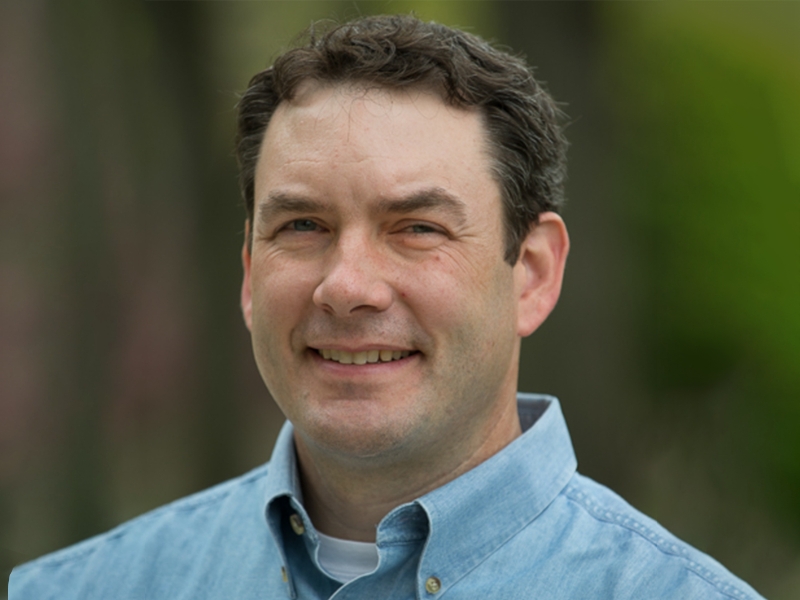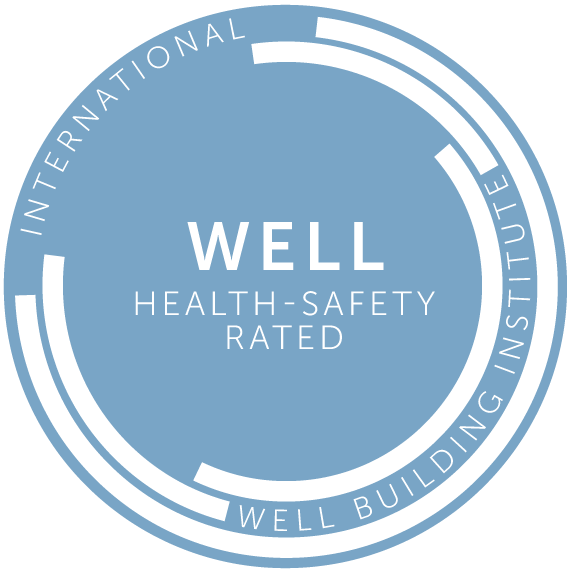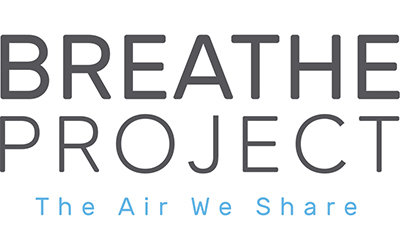Collaborative Community Engagement Strategies to Achieve Healthy Watersheds
Matthew Royer | Director, Agriculture and Environment Center, College of Agricultural Sciences, Pennsylvania State University
Watch This Presentation:
In his presentation titled "Collaborative Community Engagement Strategies to Achieve Healthy Watersheds" Matthew Royer, director of the Agriculture and Environment Center at Pennsylvania State University, discusses the challenging effects of excess nutrients in our bodies of water.
Is too much of a good thing really a bad thing? To the ecological community, nutrients in nonpoint sources are exactly that. Excess nutrients reach bodies of water through runoff due to precipitation. These nutrients result in excess growth of plant life in bodies of water, which is harmful to other life and the wellbeing of the ecosystem.
Addressing this issue creates a need for implementation innovations, which would require a community-wide engagement effort. Royer defines nonpoint source pollution as a "wicked problem" because it is complex and crosses multiple sectors. We are all at fault for this, as seen by the invisible "everyone pollutes" dynamic. Because everyone does it, it is not seen as abnormal and the urge to change is not present.
Royer urges that this issue requires a multi-disciplinary approach to problem-solving. Not only is this an opportunity for collaboration between sectors, but also for local leaders to step up. The Federal Clean Water Act which was implemented to protect the nation's waters from pollution is not necessarily working the way it should, and real changes need to be made in order to reach goals. Royer leads a local watershed implementation community engagement program that works with farms and educates people about agricultural runoff. Royer also leads the Conewago Creek initiative near Penn State, which seeks to improve the water quality in Conewago Creek watershed. Through model programs like these, we can effectively tackle this pressing issue and make a real impact.
Additional Resources:

About the Speaker
Matt Royer is the director of the Penn State Agriculture and Environment Center, a research and outreach center in the College of Agricultural Sciences’ Environment and Natural Resources Institute. Matt directs the AEC’s programs to integrate research, extension, education and community engagement to help solve complex issues of land use and land management impacts on water and the environment. Matt’s background and training is in environmental law and policy with an emphasis on water quality law and policy. He has nearly twenty years of experience in building watershed coalitions and partnerships. Prior to becoming the director of the AEC In 2013, Matt directed the AEC’s Lower Susquehanna Initiative. Matt also serves as faculty for the Environmental Resource Management program at Penn State. He received his bachelor’s degree in biology from Dartmouth College and his law degree from Duke University School of Law.




